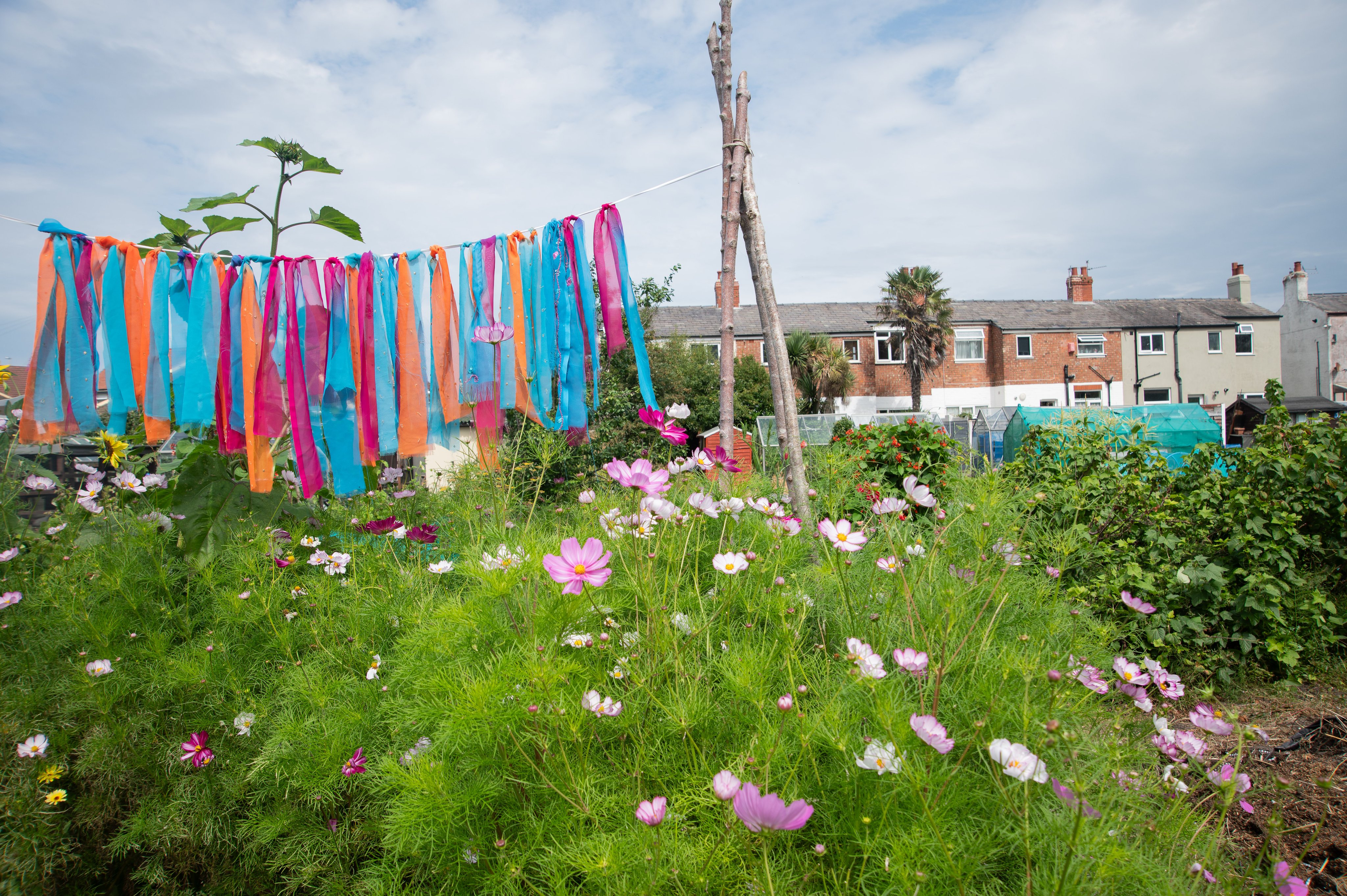Visionaries
The Visionaries programme supports people whose practice and thoughts might guide society to hopeful futures for all.

Imagination infrastructure is about helping people come together to imagine and build a fairer, more hopeful future.
Imagination is part of our Emerging Futures programme, and vital in our mission to speed up the transition to a fairer future for people and planet.
We’re working to:
We’re doing this through:
One of the greatest challenges we face is the way we’ve come to see our current economic and social models as fixed, even as they are failing us and the planet. We’re living through times of hardship and anguish, with many feeling a sense of hopelessness when thinking about the future.
If we want to speed up the transition to a more just and equitable society, then we’ll need to grow our collective capacity to imagine that future. We want to spread the message that it doesn’t have to be this way. That we’re all active agents of social change, and together can build new systems and ways of being that help us to heal and restore hope for a better tomorrow.
Our ambition is that over time, with continued investment and learning, more communities and organisations will feel equipped to use collective imagination practice and unleash its power.
Collective imagination is central to JRF’s work and aligns with the 3 strands of our Emerging Futures programme:
Imagination also informs our policy work, helping organisations find innovative ways to tackle structural and societal challenges.
A diverse network is exploring alternative futures, shaping systems that prioritise joy, hope, and freedom to dream. Our Collective Imagination Practice Community facilitates peer-led learning huddles, exploring topics like:
These huddles use imagination to inspire fresh perspectives and collaborative approaches to building better futures.
To meet growing interest, JRF launched a £100,000 practitioners fund, boosted by £50,000 from Arising Quo. Delivered with Canopy, Huddlecraft, and the Centre for Public Impact, this initiative fosters idea exchange and practice development.
The network has expanded rapidly and now connects 500 members.
As climate changes, economies stagnate or slow, and colonial patterns of exploitation continue — can creative, critical imagination navigate beyond today’s multiple crises?
This reflection looks at new research on the scale and nature of efforts across the UK to build alternative futures. How can wealth holders like JRF do more to better support and shield this essential work?